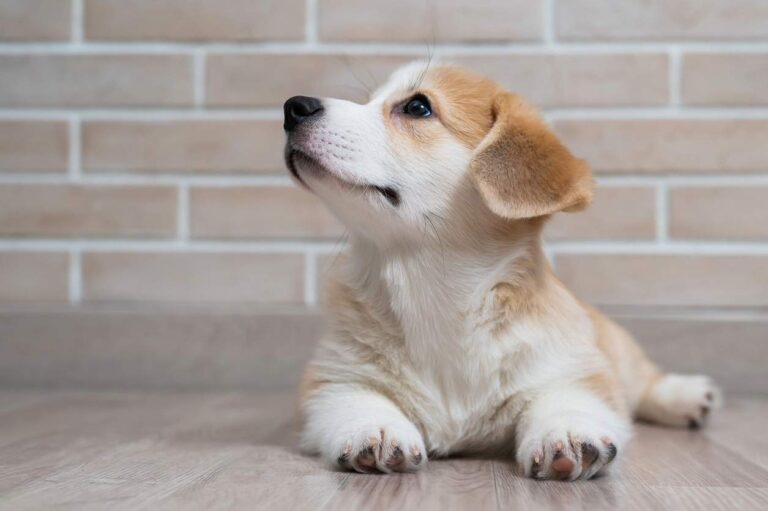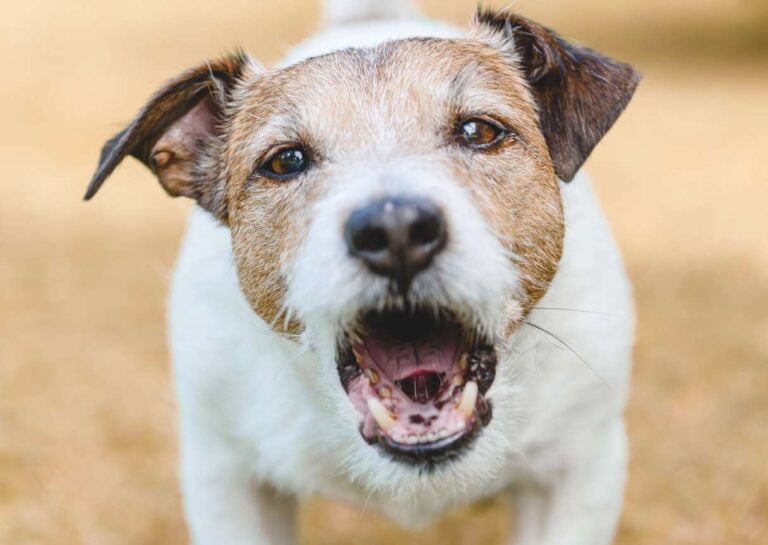It can be daunting to consider how many supplies a puppy needs, including beds, food, toys, leashes, grooming supplies, and more. We have compiled a supply list for your puppy based on recommendations from our trainers.
We do not have personal associations with any of the items we link to in these articles; we recommend these items because we are familiar with them and willing to suggest them. You should always look up reviews to see if these products are best for your puppy’s needs.
What food and treats should your puppy have
There are many different food brands available, offering dry, wet, and raw dog food options. We recommend that you consult your veterinarian and breeder to learn more about your puppies feeding needs and which brand of food your puppy was eating at the breeders.
When training your puppy, it’s important to consider the types of food you choose. If your puppy’s regular food is considered high-value, your puppy may be less motivated to work for treats. To encourage your puppy to engage in training, we recommend using your puppy’s regular food as a reward during training instead of giving them separate treats. Particularly if they are on any special diets for skin or gastrointestinal sensitivities.
If you are looking for a training treat they will love, we recommend Top Chew’s premium jerky treats. Puppies tend to enjoy these treats, which are easily torn apart and can be broken into smaller pieces. We recommend a treat pouch that you can carry around on walks, when training and when taking your puppy out for potty breaks.
Food and water bowl suggestions:
We recommend independent stainless steel bowls because they are easy to clean and you can move them around to different areas. Some puppies love to splash around in their water bowls, so it’s easy to take these bowls outside.
You may also want to consider a raised bowl for large and deep chested dogs. It will be easier for them to reach and veterinarians may recommend these for dogs with any gastrointestinal or stomach flip concerns.
A slowfeeder is great for dogs who eat too quickly and those who need some mental stimulation.
Playpens, Kennels and Housebreaking
One of the most important items in your supply list for your puppy is finding the right kennel. Kennels are great because they provide safety, your puppy can’t get into anything harmful when you aren’t able to supervise them. This includes preventing your puppy from chewing on items around the house and allows you to reinforce housebreaking.
We recommend durable wire kennels with a divider, consider how big your puppy will be when fully grown so you don’t have to buy another kennel when they’re older. You should use a divider to give your puppy just enough space to stand up, lay down and comfortably turn around. If your puppy begins to show signs that it may injure itself by pulling or biting on the wire kennel, then we recommend purchasing a plastic kennel. We recommend an airline dog crate for larger dogs and a travel dog crate for smaller dogs and young puppies.
We recommend using a baby gate to help coral your puppy into areas of the house where they can be supervised. You can place these gates to stop puppies going up and down stairs and blocking off certain rooms.
Do you live in a townhome or an apartment? Grass pads are available that you can put on your outside patio for those puppies unable to hold it in when going outside or you may not have much grass for them to go potty on.
Training supplies, leashes and harnesses
A 6 ft flat leash is beneficial as it provides you with more control than a retractable leash and your puppy can drag it around while supervised when you are training your dog. Our trainers love using easy walk harnesses, which can help with pulling during walks. Long lines are great when training your puppy as it gives them more space for commands including recall and following exercises.
When choosing the right dog bed or raised dog bed, we suggest getting one your puppy will grow into, so you don’t need to buy another one.
Toys for your puppy
When considering which toys for your supply list for your puppy, we do not recommend stuffed animals, rope toys, tug toys, or soft toys for your puppy. Puppies can chew on similar textures, such as children’s toys and carpets, and we want to differentiate what items they can chew on and have toys that are not easily torn apart.
We recommend Nylabone toys, including teething bones, chew rings, and chew bones. Puzzle mats are a fun way to keep your dog mentally stimulated, and Kong balls are fun toys for playing fetch and training sessions.
We are here to help
Does your puppy need any obedience and manners training? Or do you have any questions you’d like to ask an expert trainer? You can schedule a free consultation with our Pet behavior team. We personalize our training programs for private training at your home and neighborhood. If you live outside of the Sarasota area or prefer virtual training, you can schedule virtual consultations with our Certified Applied Animal Behaviorist, Dr. Echterling-Savage, who can design a personalized training program with step-by-step guidance throughout the program.




